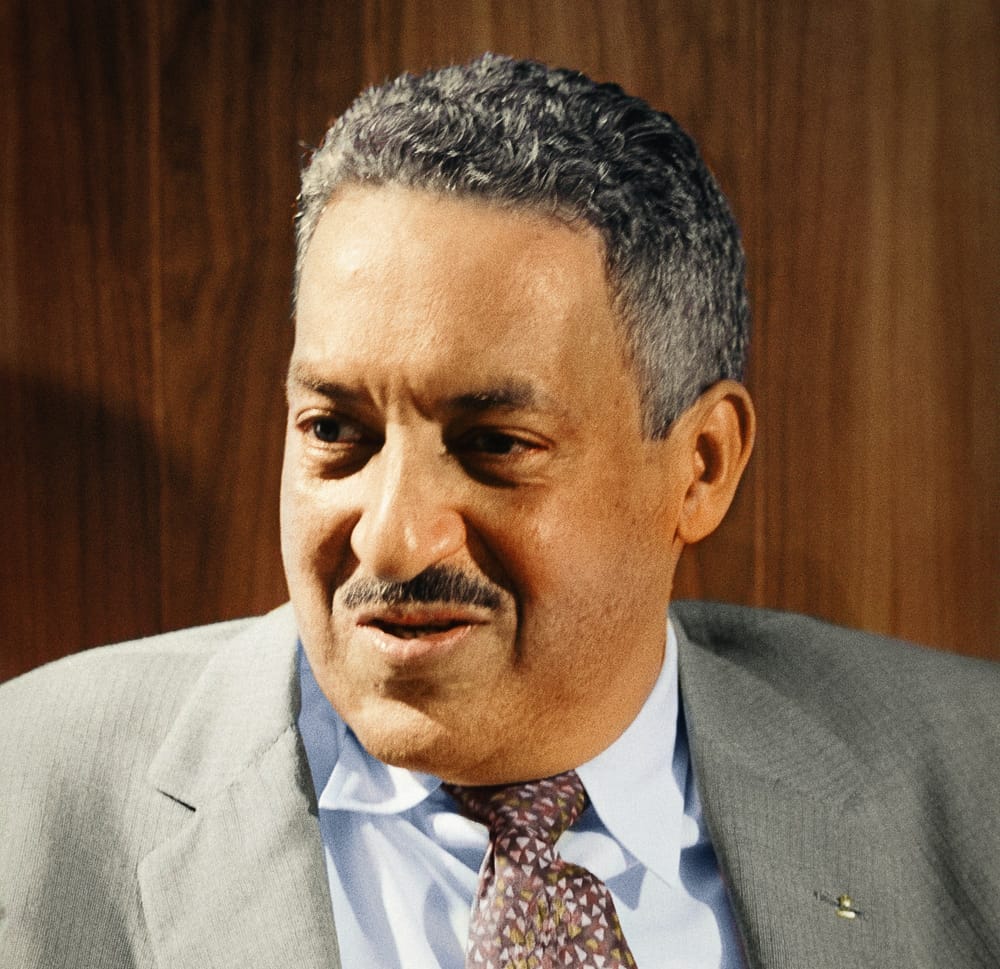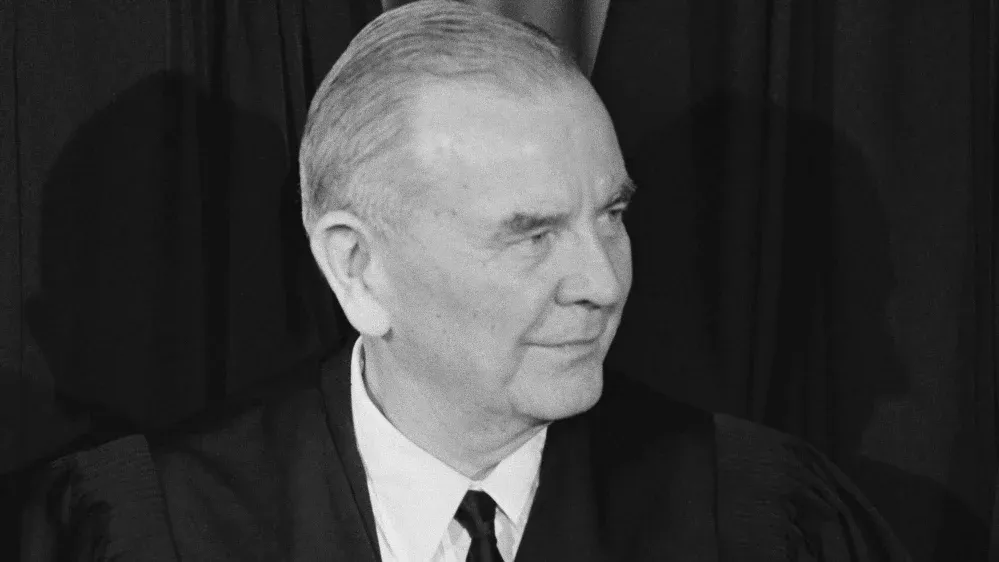Before his historic appointment to the U.S. Supreme Court, Thurgood Marshall was already a legal legend, fighting for civil rights and against racial segregation. As the Court's first African American justice, his jurisprudence was marked by a profound commitment to justice, equality, and the rights of the underserved. Using Etalia.ai's unparalleled research capabilities, we navigate the vast sea of legal opinions to spotlight some of Justice Marshall's most impactful contributions.
Regents of the University of California v. Bakke (1978) - Addressing Affirmative Action
While the decision in Bakke was splintered, Marshall's separate opinion stands out for its powerful defense of affirmative action. He delved into the painful history of racial discrimination in the U.S., arguing that measures like affirmative action are essential to redress past injustices and ensure equal opportunity for all.
Batson v. Kentucky (1986) - Combating Racial Discrimination in Jury Selection
In this landmark case, the Court held that a state cannot use its peremptory challenges to exclude jurors based solely on their race. Although Marshall concurred with the majority, his separate opinion emphasized that the only way to end racial discrimination in jury selection was to eliminate peremptory challenges altogether.
City of Richmond v. J.A. Croson Co. (1989) - Navigating Race-Based Remedies
While the majority struck down a minority set-aside program for city construction contracts, Marshall’s dissent argued passionately for the constitutionality of such programs. He believed that they were crucial tools to redress the enduring economic effects of racial discrimination.
Milliken v. Bradley (1974) - On School Desegregation
In a case dealing with the desegregation of public schools in Detroit, the majority held that inter-district remedies could not be imposed unless it was shown that multiple districts intentionally collaborated to segregate. Marshall’s poignant dissent argued that such a restriction would significantly hamper genuine efforts to desegregate public schools.
Furman v. Georgia (1972) - A Stance Against Capital Punishment
In this case, the Court effectively halted the imposition of the death penalty across the United States. Marshall's concurring opinion made a powerful case against capital punishment, arguing it was morally wrong and that it disproportionately affected minorities and the economically disadvantaged.
Justice Thurgood Marshall's tenure on the U.S. Supreme Court was defined by his unwavering commitment to justice, especially for those marginalized by society. His powerful opinions, whether in the majority or dissent, continue to resonate, reminding us of the struggles for equality and the continual pursuit of justice.
For an in-depth exploration of these cases and more, Etalia.ai's advanced AI technology offers unparalleled insights, allowing you to seamlessly navigate the legacy of this great jurist.








